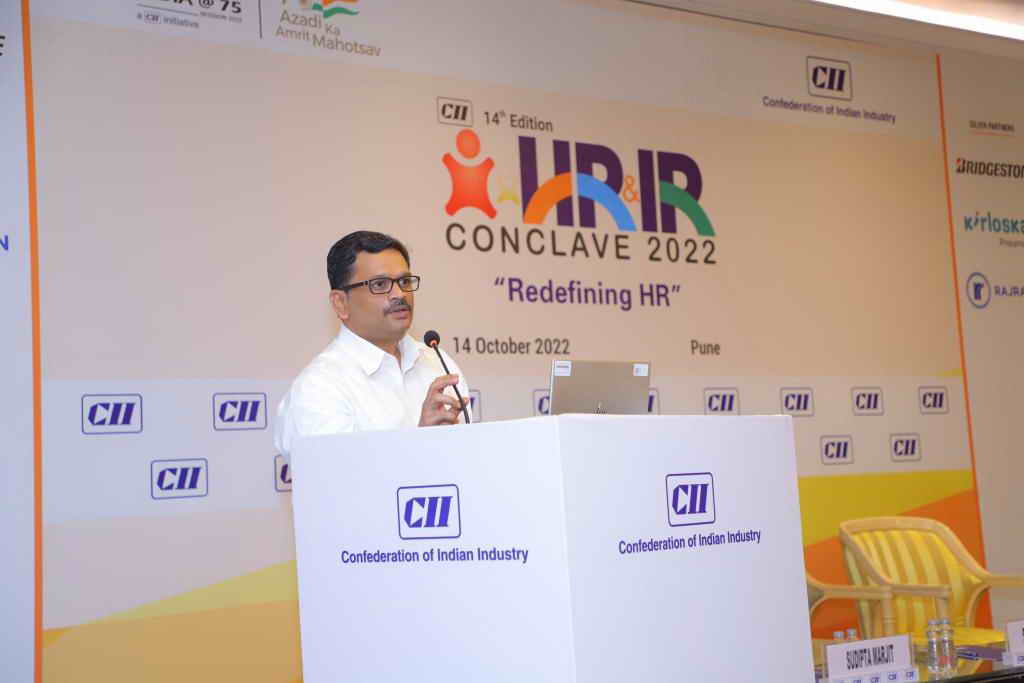Having been impacted by change early
in career and seen the after effects to the organization and the people,
then took a risky opportunities to join a start-up venture which failed and
then be a part of a successful turnaround story, change has now become
my De-facto tool to motivate, innovate and define success. The easiest
way for me to visualize a change is to create different trajectories and
reflect on the accomplishments vs misses.
There are just 2 sides to a change or integration effort. One side are people who are given the mandate to make the change and the second side are people impacted by the change. The availability of information and the vision for the future are so different in the 2 camps that bringing them together is what makes a change challenging. The needs, wants and desires of the 2 camps are always tangential and never meet up, making even an experienced, senior, seen-it-all experts, start as a novice in every new project.
To DIAL a change, 4 key metrics determine the outcomes and the shape of it. They invariably are present in every situation, turn and with every person.
The metrics are:
There are just 2 sides to a change or integration effort. One side are people who are given the mandate to make the change and the second side are people impacted by the change. The availability of information and the vision for the future are so different in the 2 camps that bringing them together is what makes a change challenging. The needs, wants and desires of the 2 camps are always tangential and never meet up, making even an experienced, senior, seen-it-all experts, start as a novice in every new project.
To DIAL a change, 4 key metrics determine the outcomes and the shape of it. They invariably are present in every situation, turn and with every person.
The metrics are:
- Dialog: Do we and how much we Communicate, Collaborate, Share and Speak the truth ? Are we helpful and are the take-aways intended as it should be? Do we receive feedback ?
- Inquire and Inclusive: Are we including everyone required? Are we inquiring into everything we hear, see or asked ? This is the most time consuming piece. So many individuals have so many different perceptions and very many expectations that is impossible to match or could be conflicting with business advocacy. Are we considering the option that is most inclusive and do we conclude our decision with an inquiry that the choice makes the most sense in the given circumstances and with available evidences ?
- Actions: Is there a plan ? What are we leaving behind (if no to this, there is no need for change preparation) ? Where is our focus ? Do we have the complete buy-in from stakeholders and shareholders ? What can be the pain alleviating points ? Where do we go for help ? Whom are we recruting ? Are we course-correcting often?
- Love: For people signing up and people signing out, do alike with love. Inspite of best efforts, we have to shift or transfer our friends and people interwined in our lives for years. Does our solution show care, consideration, compassion, support, ease and are we giving appropriate time ? Are we sensitive in dealing with a hard call. The hardness cannot be recalled, but what are we doing to soften the blow ?


